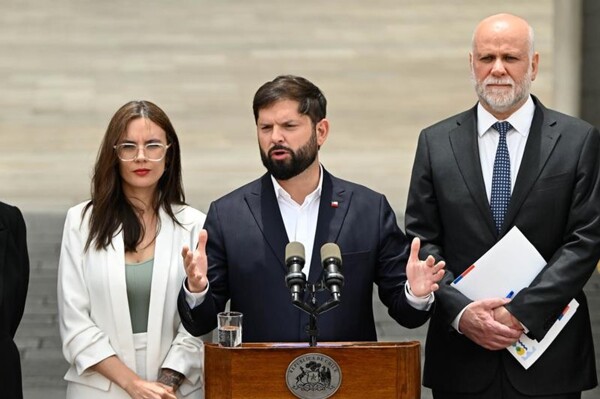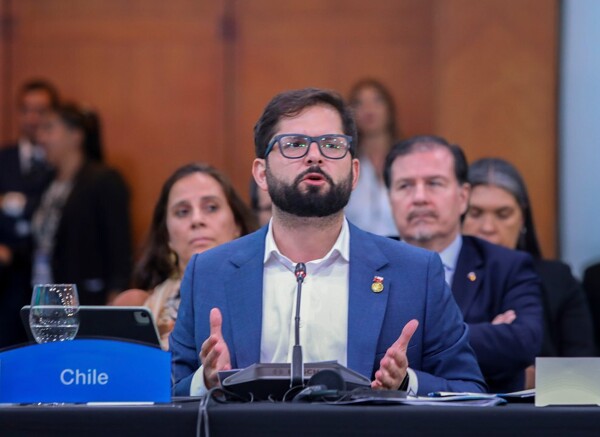
Despite existing advancements and knowledge, attempts to postpone important decisions are often observed, as well as a persistent denial and ineffective strategies in various areas. Economically, some sectors seem to want to revive past approaches that have already proven their failure, overlooking the evolution of contexts and the lessons learned regarding inequality and sustainability.
Perhaps where this lack of memory is most dangerous is in response to the climate crisis. Science has demonstrated and experience has confirmed that inaction in the face of environmental deterioration has costly consequences, both human and economic. It is crucial to learn from history and use it as a guide for current decision-making, avoiding the repetition of past mistakes.
Maintaining collective memory is essential to prevent misguided decisions that could have even more serious consequences in the future. Various recent economic studies have emphasized the importance of loss prevention and the early implementation of adaptation measures against environmental impacts.
It is encouraging to see that many organizations are incorporating sustainability and social responsibility into their strategies, recognizing that a sole focus on short-term financial performance is unsustainable.
At the corporate level, the challenge is similar. The temptation to revert to ineffective solutions is constant, but it is essential to remember the lessons learned to drive meaningful change. In an interconnected and complex world, the lack of historical memory raises concerns about the repetition of past mistakes.
The collective responsibility to remember and learn from history falls on governments, companies, media, educational institutions, and citizens. Museums, archives, and the transmission of stories from generation to generation are fundamental to preserving collective memory and avoiding the repetition of the same errors.
In a geopolitical context where tensions between powers are resurging, it is imperative to remember the dangers of confrontation without dialogue that have marked recent history. The real challenge lies not only in making mistakes but in not forgetting the valuable lessons each mistake leaves us.














